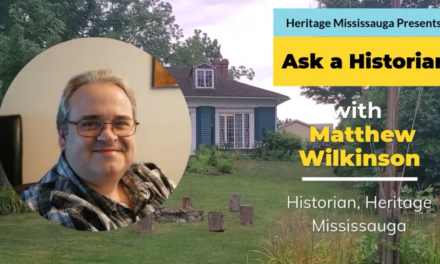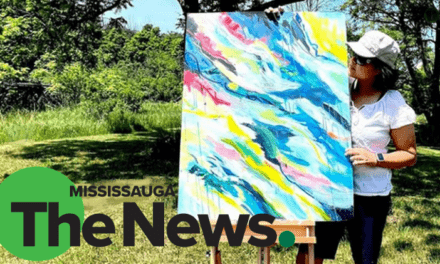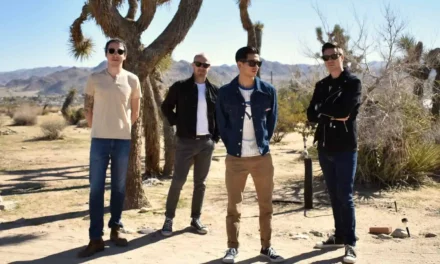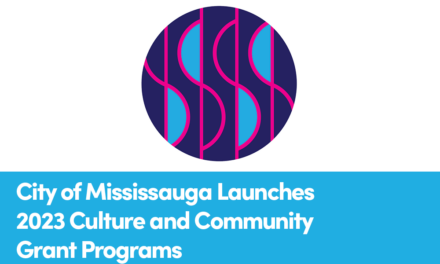It’s being hailed as a first for Ontario — an Indigenous Hub that will provide crucial services around health, employment and culture.
But those who attended a groundbreaking ceremony Monday for the Anishnawbe Health Toronto Community Health Centre, set to span an entire city block, in Toronto’s West Donlands expressed hope that it will inspire so much more, including encouraging other groups and businesses to support investments in the Indigenous community.
Many settler groups have buildings that belong to their community in Toronto, that feel like home. But there hasn’t been one for Indigenous people until now, said Joe Hester, executive director of Anishnawbe Health.
“It was like we were strangers in our own land,” he said. “It’s the beginnings of placemaking, in terms of a home and something that will reflect who we are.”
Anishnawbe Health Toronto along with its partners broke ground in a ceremony at the site near Mill and Cherry Streets downtown Monday, marking where the large 2.4-acre hub will sit. Before speeches at the event, First Nations drummers Young Creek and four fancy shawl dancers performed to applause.
The hub will include a new location for Anishnawbe Health; the Miziwe Biik Training Institute for services around education and employment; a child-care and family centre operated by the city; a mixed-use condo building; a restored heritage building; and a rental building.
Providing a space that successfully incorporates Indigenous healing practices and other traditions along with western medicine, as well as culturally competent care for children and employment accelerators, is all part of ensuring Indigenous people today can live well, those involved in creating the hub said.
And with governments, as part of reconciliation, finally committing to uncovering that Canada’s residential schools caused the genocide of Indigenous peoples and deep trauma for communities, there is also a push to make significant investments in the community now.
The goal is to reduce barriers to health care, employment and education that have been in place due to systemic discrimination, said Nancy Martin, executive director of Miziwe Biik Aboriginal Employment and Training.
“The development of this training institute and the Anishnawbe Health Centre is building infrastructure for prosperity, for our community,” she said. “When we succeed, everyone in the city benefits.”
The project, whos partners include the city and province, has been over a decade in the making as Indigenous community groups were looking to create an infrastructure that would create opportunities for young people, along with cross-cultural relations, she said.
In 2014, the property was returned to Anishnawbe Health Toronto by Ontario and in 2017, Anishnawbe Health partnered with Dream Unlimited, the Kilmer Group and Tricon Residential to co-develop the site. The Indigenous Community Centre will be completed in 2022 and the remainder of the hub will be finished by 2024.
Health care is a major sector where reconciliation is needed, as the western model is not the only legitimate method, said Hester.
“We have something important to bring to that healing journey as well,” he said, “so we better reconcile those differences and work together for the improved health of the Indigenous community.”
The ceremony fell on Indigenous Peoples Day and just weeks after a mass unmarked grave of 215 children was found in Kamloops, B.C., at the site of a former residential school. More graves are being located, and Ontario this month committed $10 million this month to uncovering and marking the sites.
“We celebrate what we’re able to achieve regarding this project, but we also recognize we have heavy hearts with what happened at the Kamloops school,” he said. “And things need to be set straight, we need to get on that journey of reconciliation.”
The hub represents a place to celebrate with others, where Indigenous people can gather as a community, and finally somewhere that can feel like home when so much has been taken away from them, he said.
And there’s hope that the launch of the hub will inspire groups and businesses across Canada to partner with Indigenous communities to create spaces that will address the systemic discrimination Indigenous people face in Canada’s institutions.
“There’s need for infrastructure and for economic stability for the Indigenous community, and training opportunities,” she said. “There isn’t a lot of reflection of the Indigenous community in the city of Toronto. (The hub) helps to build a cultural understanding.”
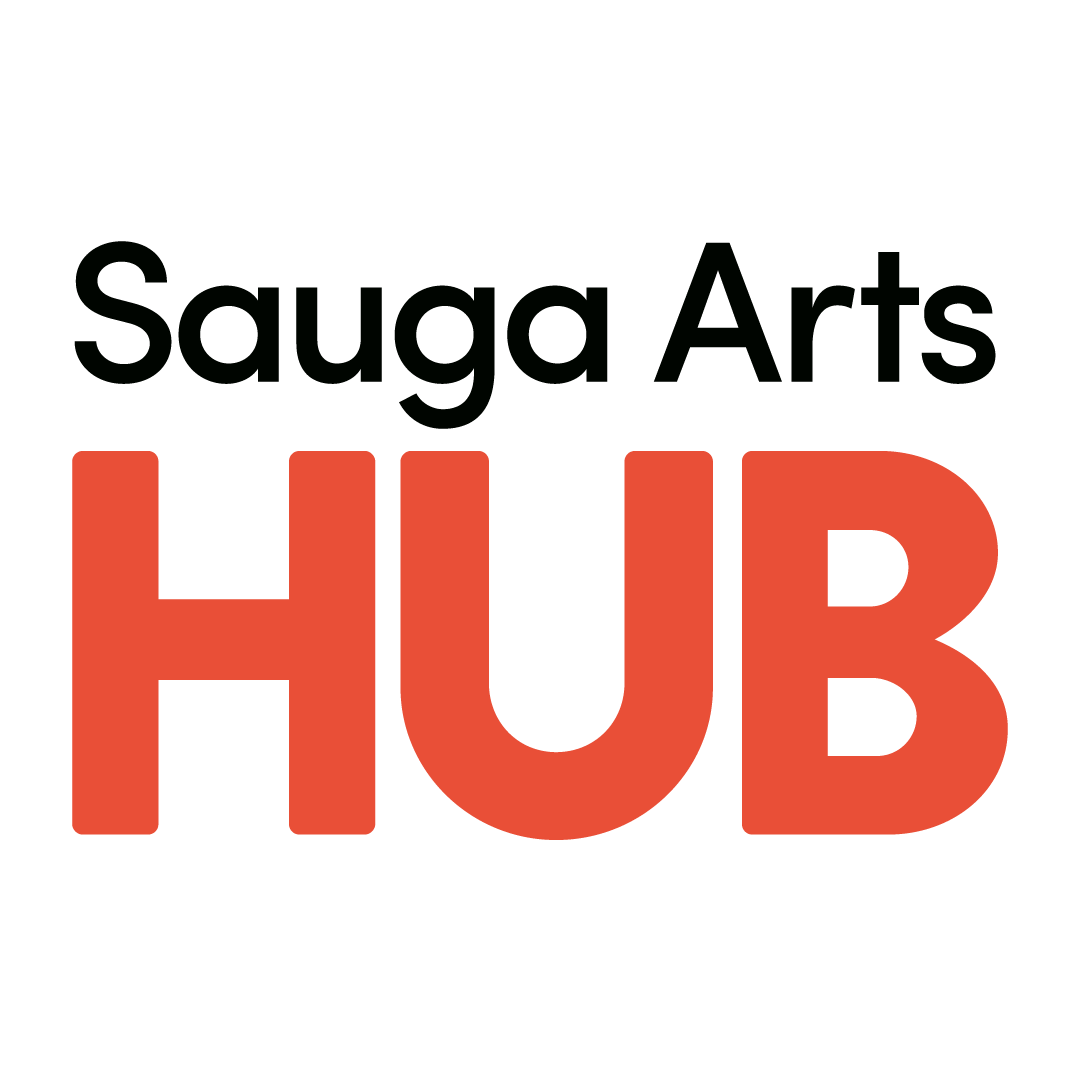

/https://www.thestar.com/content/dam/thestar/news/gta/2021/06/21/first-indigenous-hub-in-ontario-set-to-offer-crucial-health-services-and-provide-a-home/_2rl_indigenoushub_08.jpg)
/https://www.thestar.com/content/dam/thestar/news/gta/2021/06/21/first-indigenous-hub-in-ontario-set-to-offer-crucial-health-services-and-provide-a-home/_3shovels.jpg)

